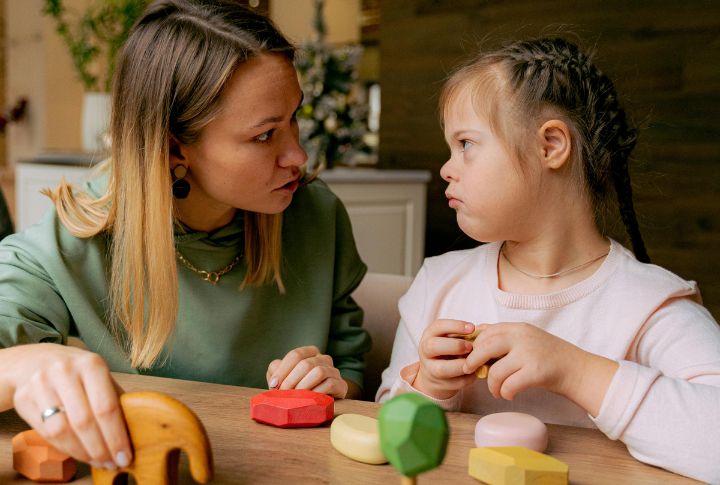
Boomers aren’t shy about sharing their opinions, especially when it comes to raising kids. Gentle parenting might sound thoughtful, but to older generations, it looks more like chaos in action. They shake their heads at practices that feel upside down to everything they knew. Curious what sets them off the most? Here are 10 parenting choices that boomers find impossible to accept.
Normalizing Co-Sleeping Beyond The Toddler Years

The idea of older kids still sharing a bed with parents feels baffling to Boomers. In their view, once the toddler stage ends, children should have their own space. When they hear about grade schoolers—or even middle schoolers—still co-sleeping, older generations see gentle upbringing blurring boundaries that should be firm.
Letting Toddlers Make Choices

Senior generations see parents asking toddlers to choose between two outfits and can’t stand it. From their perspective, little ones wore whatever Mom picked out, end of story. They genuinely believe giving choices creates spoiled, indecisive adults. And honestly? To them, teaching decision-making should happen when minors are old enough to actually make good decisions.
Negotiating Routines And Bedtime Every Night

Back when Boomers were raising young people, bedtime wasn’t a democracy. Parents said, “Go to bed,” and kids went. Now, longtime adults watch gentle parents hold family meetings about sleep schedules and think the world’s gone crazy. Truth be told, dragging bedtime into a two-hour debate makes the old way look pretty smart.
Overcommunicating Safety Fears To Children

You know what annoys Boomers? When they see parents giving these long, scary safety talks to kids. They’re like “Just tell them to be careful and move on!” But no, now kids are getting whole lectures about every bad thing that could happen, and they end up too scared to even play outside.
Self-Care Excuses For Lazy Parenting

Older generations watch gentle parents say, “I’m protecting my energy,” while little ones throw toys everywhere. Back in Boomer days, tired or not, you still made children clean up messes. Now parents justify zero rules because “setting boundaries is exhausting,” and Boomers think that’s just lazy parenting.
Replacing Punishments With Endless Explanations

Years ago, discipline was swift: misbehave, get punished, move on. Today, they watch parents spend forty minutes discussing feelings with a four-year-old who threw a tantrum. They believe all this talking just teaches kids that every consequence is up for negotiation, making upbringing way harder than it needs to be.
No Traditional Punishments

Traditional punishments are completely off-limits in gentle caregiving—no grounding, no time-outs, nothing resembling actual discipline. Older generations question what happens when natural consequences prove insufficient. Sometimes, children need to face consequences that parents deliberately impose, not just natural outcomes.
Overprotecting From Normal Setbacks

Gentle parents treat every disappointment like a major crisis requiring hours of emotional support. The kid doesn’t make the soccer team? Time for deep therapy talks about rejection and self-worth. Boomers remembers getting “better luck next time” and moving on. All this intense processing seems to make normal setbacks feel bigger and scarier than necessary.
Encouraging Independence And Self-Awareness

Traditional upbringing emphasized following rules without question to build character. Today’s parenting emphasizes personal choice and self-reflection to build independence. While self-aware children sound ideal, older generations worry about kids who’ve never learned to simply comply when compliance is actually necessary.
Refusing To Say “No”

Modern parents say, “Hmm, I wonder if throwing blocks is a good choice,” while Boomers think, “Just say stop throwing blocks!” In their day, “No” was a complete sentence that kids understood immediately. That kind of wishy-washy language just confuses children about what’s actually allowed.

